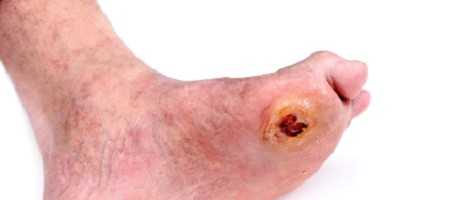The danger of driving without vigilant diabetes management has been highlighted after a man with diabetes had a hypo behind the wheel and killed a cyclist.
Hypoglycemic attack
Charles Maxted, 53, “unknowingly drifted” into a hypoglycemic attack when driving on the A2 at Broughto, Kent in August 2012. Maxted has had type 1 diabetes for most of his adult life.
He was found to have been significantly lax in testing blood sugars daily, and pleaded guilty to death by dangerous driving earlier this year. The cyclist was 29-year-old Graham Epps.
Driving with diabetes
Hypoglycemia (low blood sugars) affects people with diabetes who have injected too much insulin or not consumed enough food.
People with diabetes that need insulin are required to inform the DVLA of their condition before they can drive. Type 1 diabetics have to renew their license every three years at least.
Diabetes UK, the UK’s leading diabetes charity, have campaigned a proposal going through parliament for this to be extended to 10 years, but drivers with diabetes need to manage their blood sugars scrupulously before getting behind the wheel.
People with diabetes that require insulin are urged to test their blood glucose levels before driving as a matter of urgency, and then regularly – around every two hours – if undergoing a long trip.
Drivers with diabetes should not to put their health at risk, however, by deliberately raising blood sugar levels to avoid hypoglycemia.
Among the symptoms of hyperglycemia (high blood sugars) include blurred vision and tiredness, which can be just as detrimental when driving as having low blood sugar.
What's new on the forum? ⭐️
Get our free newsletters
Stay up to date with the latest news, research and breakthroughs.







